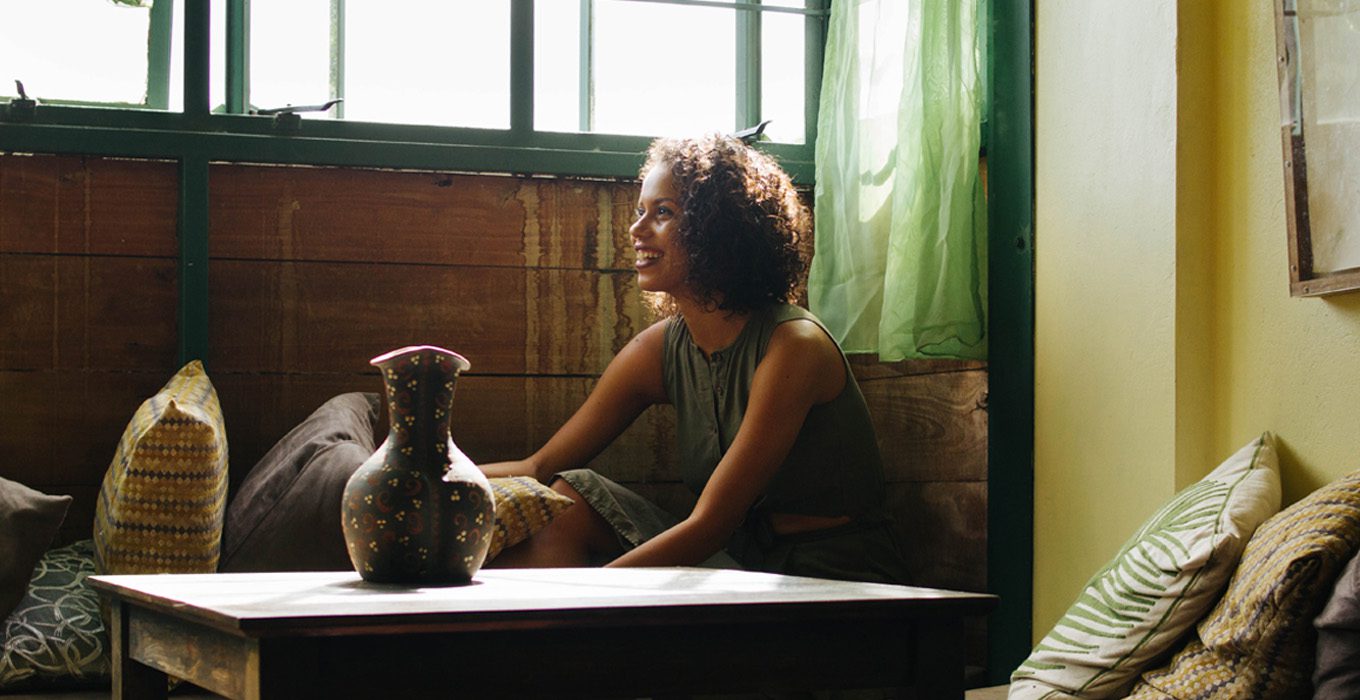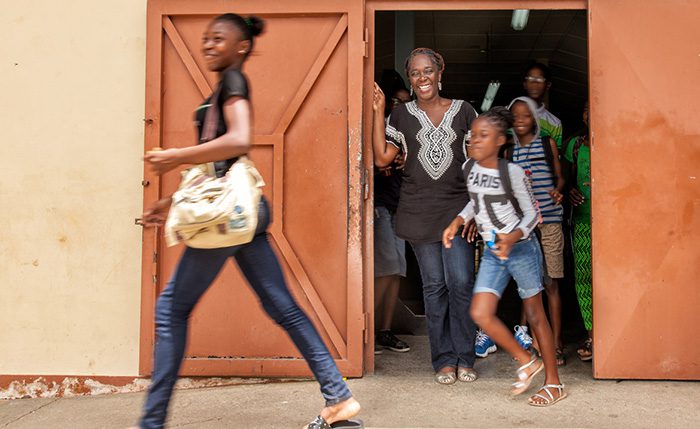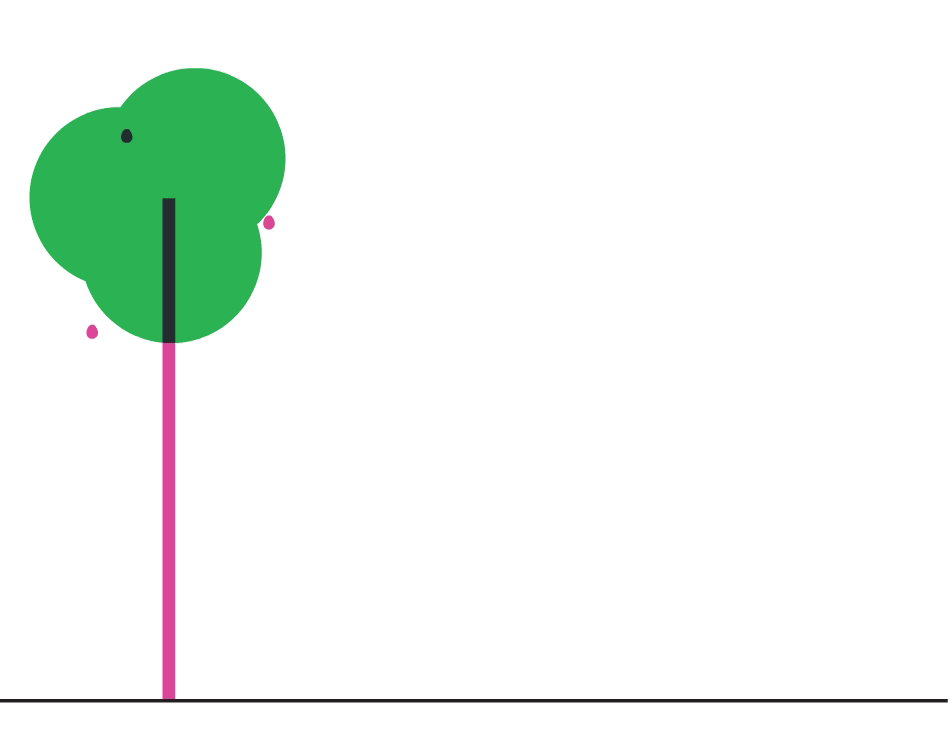

September 23, 2017
Not long ago I attended a design colloquium at the University of the West Indies, St. Augustine, that gave me an extra shot of hope for the future of Caribbean design. The Colloquium featured presenters from across the Caribbean, Latin America, Europe, and beyond. We were all sharing research, ideas, theories and knowledge around the opportunities and benefits of prioritizing design at a national level, through a government Ministry of Design. It was an exciting and new approach to sparking conversation and education about design and actively pushing for positive change so I was eager to get involved. It was at this conference that I met Lesley-Ann Noel, a grasshopper connoisseur (Uganda), reggae band backup singer (Brazil) and now a Design PhD scholar (USA). She was the one of the organizers and masterminds behind the Ministry of Design Colloquium.
Since then, Lesley-Ann has become the first Caribbean lecturer to be awarded a Fulbright scholarship to do a PhD in Design. While she currently lives in the USA, where she is pursuing her studies at North Carolina University, she is back in Trinidad for a short break. Of course, we took opportunity to chat with her.

So let’s bring this home. We’re talking design at a PhD level and your love for rural Caribbean life… these seem like they could be worlds apart! What brings you back to Trinidad this time around?
LESLEY-ANN: In Trinidad to do fieldwork for my PhD. For my PhD, I’m adding another passion to the ‘mix’. In addition to my love for design and rural Caribbean life, I have a passion for education, in particular primary education. I’m trying to develop an empowering design-based primary-level curriculum for children in Standard 3-4. I’m ‘testing’ my curriculum at a school in Moruga, then I’m looking to see how empathy and critical thinking feature in the way the children solve design problems or interact with each other during the camp
Wow! That sounds fascinating! To be able to inspire children that young to begin thinking like designers and looking for ways to address the issues that affect them and their communities could be very powerful. How did it go?
LESLEY-ANN: It was a very exciting experience. The children were given quite a bit of freedom and control. They chose the design problems they wanted to work on. They determined what their design process would be, and they were allowed to tweak their process every week. They developed some very interesting design concepts based on their context, for example quite a few of them developed mango picking equipment since their school had so many mango trees.
That’s great! Maybe the next James Dyson of mango picking solutions discovered her love for design through your sessions. What have you gained from the experience?
LESLEY-ANN: For me the workshop confirmed the possibility of including design in ‘basic mainstream education’ not as part of an ‘art and craft’ class, since I was able to observe the children at work during the three weeks and they also gave me feedback on their experience during our weekly group meetings, and in their daily reflections in their journals. I even asked the children if they could see the links to other schoolwork that they did, and they could identify creative writing, math, social studies, science and even geography as aspects of the design curriculum, so even to them it was obvious that design could be used to deliver an integrated curriculum. Evidence of critical thinking throughout their design process was easy to spot as the children dealt with the uncertainty of the design challenge, and worked through their design process to make their ideas clearer and end up with sophisticated concepts. It was also possible to see the benefits of collaboration, which one child specifically noted in an evaluation session, and how they could help their colleagues to improve their work through the critique. This was a very short experience, just three weeks, and I look forward to being able to work for a longer period and to see how I can further weave the concepts of empowerment, empathy and critical thinking into the projects.
You really seem passionate about this space and culture. What else does your research involve?
LESLEY-ANN: I would want to highlight that I’m doing Design Research – outside of traditional design disciplines because we really have to make opportunities for ourselves as designers – which I’ve lived by for the last 20 years. My big theme is ‘decolonizing design education’, which is not my term, there are quite a few people working this area.
My PhD is linked to this idea of ‘decolonising education’ and that’s partly why I’m dealing with a rural primary school and primary education and trying to develop empowering curriculum that shifts the power to the students.
Design education and design culture are uber colonizing in general. This means that we are often taught that for something to be “design” it must have a specific aesthetic; maybe it needs to look like it was from New York or Helsinki. Design education also often teaches us to be ‘saviours’ and that can also be a colonizing stance. So as designers we all have to be careful about how we work with local culture and people.
I’m very conscious of the colonizing nature of design practice in my consulting work. I’m not always successful in managing it. You know I do most of my consulting work outside of Trinidad, often with artisans, and know that being an outsider can ‘legitimize’ a local practice, and I have to be very careful that I’m not trying to play that role of legitimizing other people’s work. The work is often good without me. So sometimes it’s hard to figure out what to do as a consultant. It’s a hard line. It’s extremely difficult for white consultants because they will often be accused of being neo-colonial, but also difficult for a person of colour who is from ‘outside’
“As Caribbean people, our society and past don’t make us think we can create solutions.”
Race relations, colour and privilege are sensitive topics globally… this can be difficult to discuss. Why does it matter to you?
LESLEY-ANN: Everyone is affected, and that’s why decolonization has to happen, and decolonising approaches are needed. As Caribbean people, our society and past don’t make us think we can create solutions. In my workshop with the children we had a really interesting discussion about what we can make. We were having a discussion about where things were from and I gave them a recipe for modeling clay and told them we could make it, and they were shocked at that idea.
That, therefore, is the work I want to focus on as a designer. So it’s a different focus. I’m really into community empowerment, empowerment of marginalised groups, children etc. I believe in participatory action research, where the community suggests the models and the projects to work on. The community has to be empowered to propose solutions not just us taking solutions to the people.
If we just propose solutions then we are again telling people you don’t have the power to create a solution. So I see myself more as a [design] facilitator today even though I used to create products – facilitating innovation and problem identification and solutions. I may go back to product eventually but not right now.
So this is your evolution as a designer…
LESLEY-ANN: Yes, I suppose this is how I migrated to consulting and training. It’s still about process and facilitation and it’s still design even though people don’t realise it. Actually, I’m the co-chair of a conference track at an upcoming Design Research Society conference with two friends of mine on decolonizing design. Our track calls for multiple voices and perspectives in design. We eventually hope to work on a book together.
That’s definitely a different take on design and designers that we are not accustomed to in the Caribbean – the designer as a facilitator. Right now, some local designers, whether fashion design, graphic design, product design or other disciplines would say that understanding and value for design is lacking in the Caribbean and this can make living and working in design challenging. What you’re suggesting is quite advanced. What if we could grow to understand and value design more? What does that future Caribbean look like for you?
LESLEY-ANN: The Caribbean can be a difficult place to survive as a designer, but it’s a great place to live, so a future Caribbean that values design must have more opportunities for designers to be successful.
I think that many people in the Caribbean do have an appreciation for design, but a future Caribbean that values design to a greater extent, would mean that design professionals would have less financial difficulties – with more work, and better paying clients. I’d like to see more designers moving into management and strategy and being consulted to contribute to solutions for ‘more complex problems such as social and economic issues, like healthcare and government.
My PhD work is focusing on primary-level design education, so of course I’d like to see a future with design education woven through the curriculum and a move away from more traditional methods of teaching at that level.
For all of this of course, designers may need more skills in promoting themselves and their work, as well as greater skills in business and the social sciences, and for those like me who want to impact education, more skills will be needed on that end. So it is about design, but it’s also about preparing designers for bigger futures possibly by adding other skills.
So you’re suggesting that designers gain cross-disciplinary skills in order to make an even greater social and economic impact. Do you have any other design advice that you’d like to leave us with?
LESLEY-ANN: These days I’m more of a design educator and researcher than a practitioner, so I might want to offer advice to current design students and recent graduates at UWI.
To encourage them to be bolder and more confident about their work so that they can create their own opportunities. I’d also encourage them to write more and reflect more about what they design. There is so little written about design in the Caribbean, and we need to get more and more comfortable with writing about it, so that more people will be able to know more about what we do.


INTERVIEWER: DEBBIE ESTWICK PHOTOGRAPHER: DAMIAN LIBERT DESIGN + ANIMATION: CLAYTON RHULE